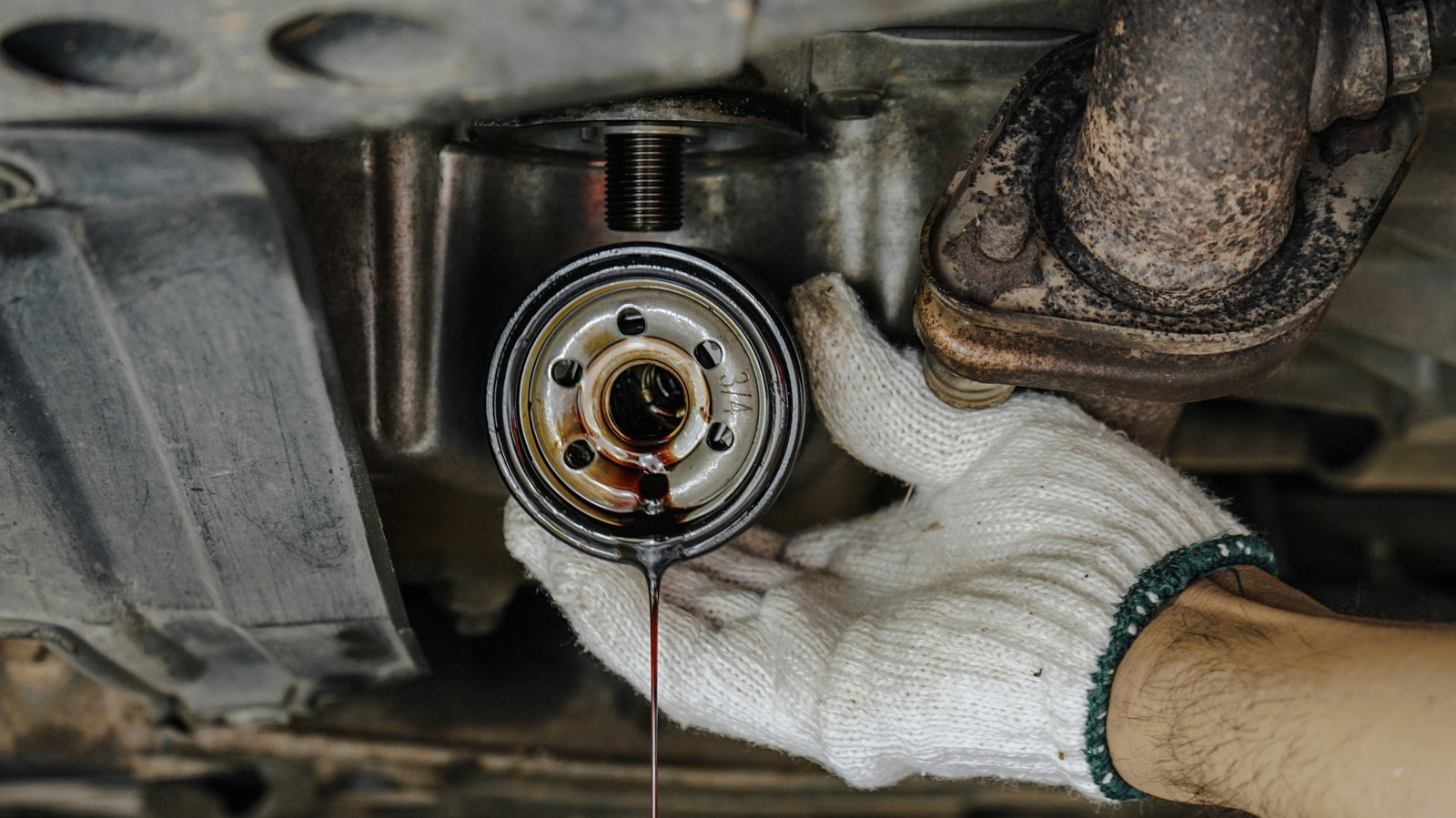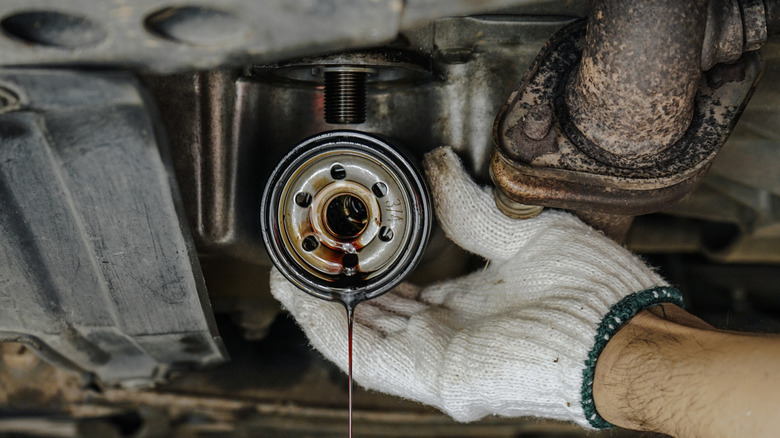Recently, Jalopnik discussed whether pre-filling your oil filter during do-it-yourself oil changes was still good advice or a relic from the past. Opinions in the comments section were firmly divided and we’re expecting no less polarization with regard to the virtues of bypass oil filters. Let’s dive in.
According to the Society of Automotive Engineers, most engine wear comes from particles 2 to 22 microns in size. For reference, a micron is one-millionth of one meter, and a medium grain of sand is approximately 250 microns. Standard oil filters are only capable of filtering down to about 20 microns, meaning that smaller particles like soot can pass through unfiltered.
It’s understandable that primary oil filters need to be more free-flowing to continuously supply a high volume of oil and keep the engine’s moving parts lubricated. But that also means that tiny particles remain trapped in your oil, where they can slowly wear away at surfaces like injectors, bearings, and cylinder walls.
What is a bypass filter, anyway?
Capturing those ultra-tiny contaminants that are too small for a regular oil filter — sometimes called a “full-flow filter” — is where an aftermarket bypass oil filter comes in. A bypass oil filter is a secondary, additional oil filter that can filter out much smaller particles than the engine’s primary filtration system. The reason it’s called “bypass” is because oil is diverted from the engine, passes through the bypass filter, and is redeposited into the engine’s oil supply — without actually circulating through the engine.
To be clear, only about 10% of the engine’s oil supply makes it through the bypass filter at any given time. Oil moves through the bypass filter slowly, so a much higher level of filtration can be achieved. Some bypass oil filters can trap particles as tiny as 1 or 2 microns. You can run a bypass oil filter on just about any type of engine, but they’re particularly popular with owners of diesel-powered vehicles such as massive heavy-duty pickup trucks. That’s because diesel engines produce a large amount of microscopic soot particles.
It can’t hurt and may help
The companies that sell oil bypass filter kits claim decreased engine wear, longer oil life, higher oil capacity, and better fuel economy. To be sure, most of those are without debate. Oil change intervals can indeed be stretched by keeping the oil supply squeaky clean, which saves money.
However, there’s the initial expense of buying the bypass filter kit to consider. Prices range between about $300 and $600, not including installation. Folks without tools or mechanical experience might opt to have the kit installed by a professional, but it’s definitely within the realm of handy amateurs. Typically, the kits include the (replaceable) bypass filter, flexible oil lines, and an adapter to tie in to the stock full-flow oil filter mounting boss.
The bottom line is that installing a bypass filter certainly can’t hurt and it does do what it claims. If you’re committed to owning your diesel truck for many years or plan to rack up hundreds of thousands of miles, you could realize the benefits of at least some degree of reduced engine wear. Plus, you won’t have to perform as many oil changes. But playing devil’s advocate for a moment, if bypass filters were totally necessary for every circumstance, vehicle manufacturers would install them in the factory.



